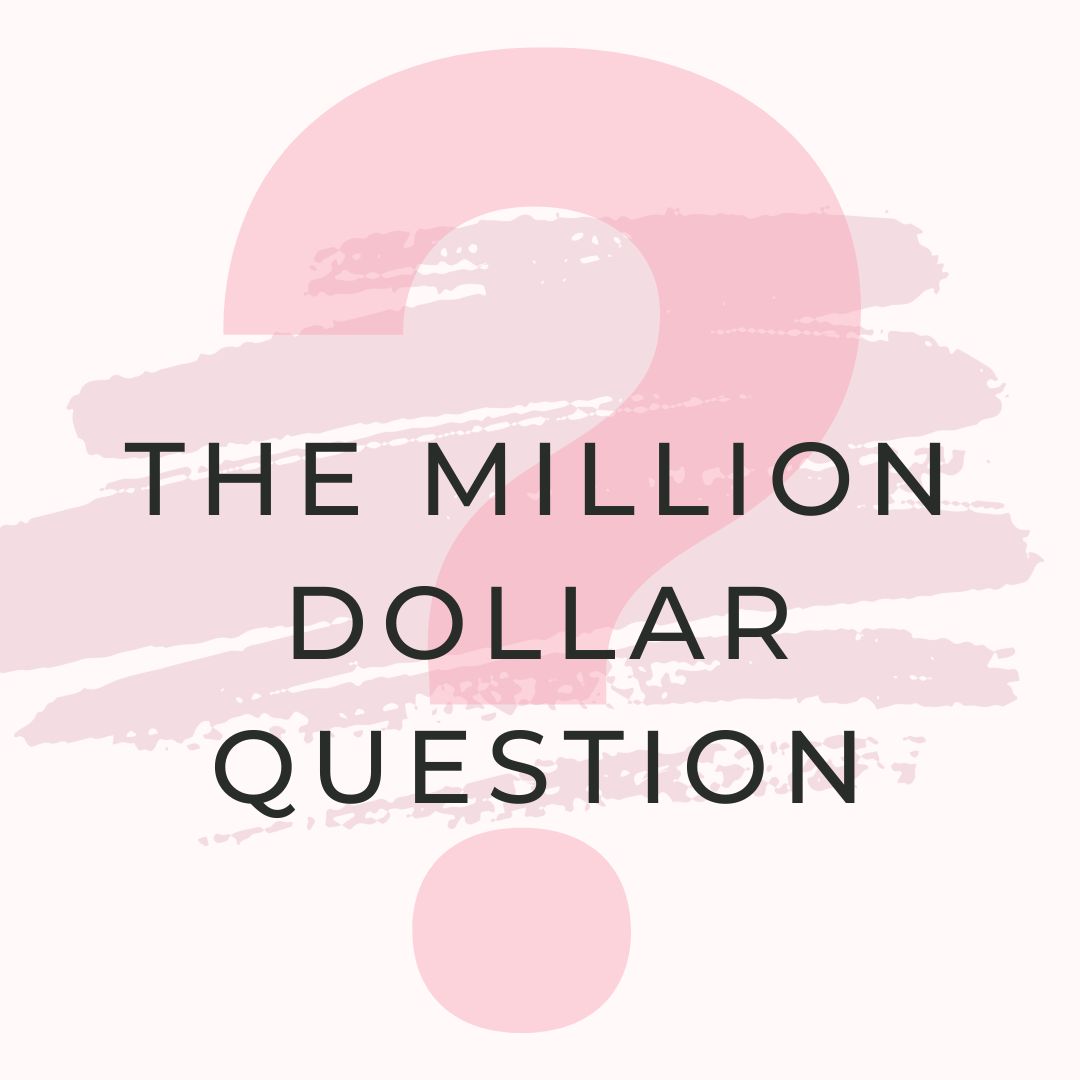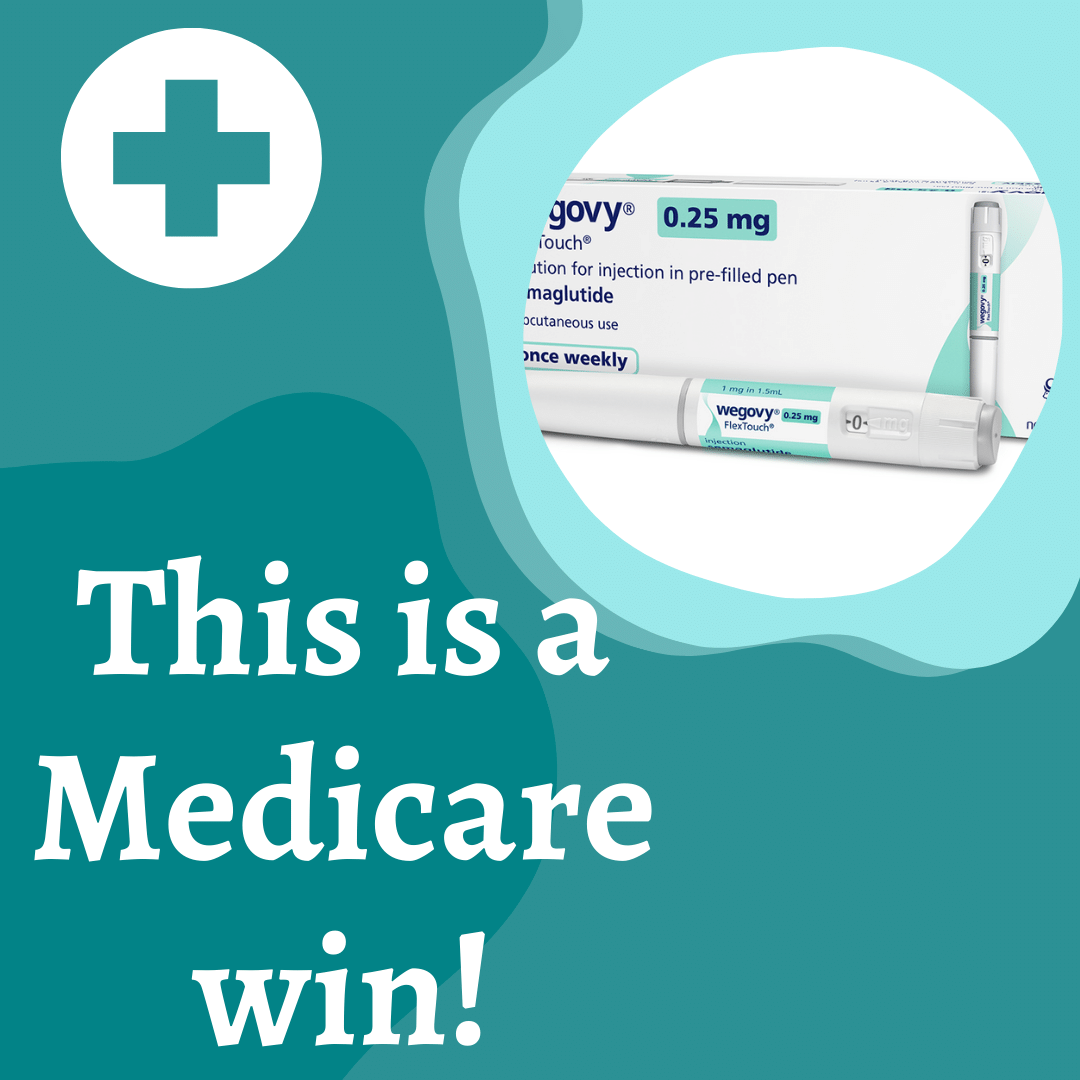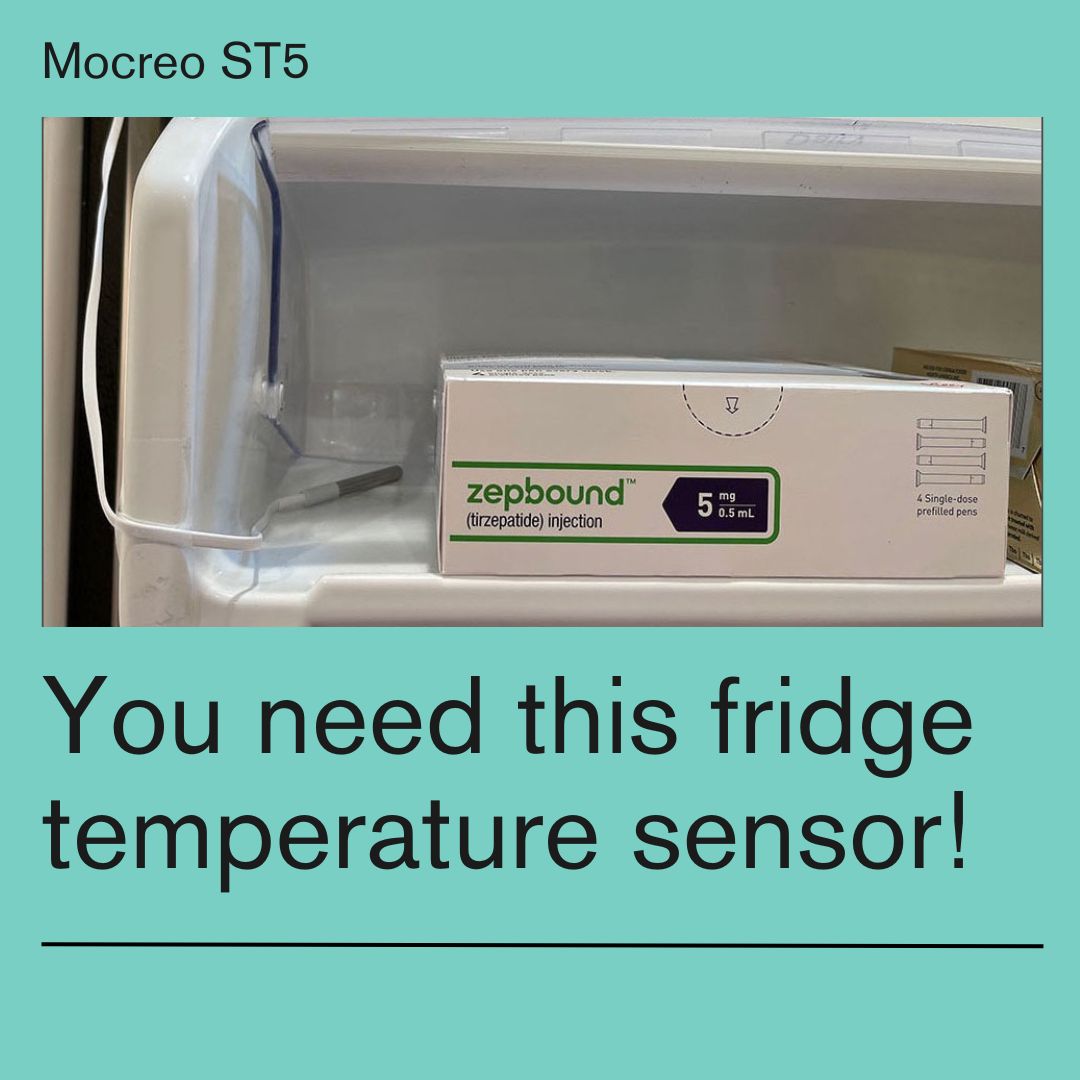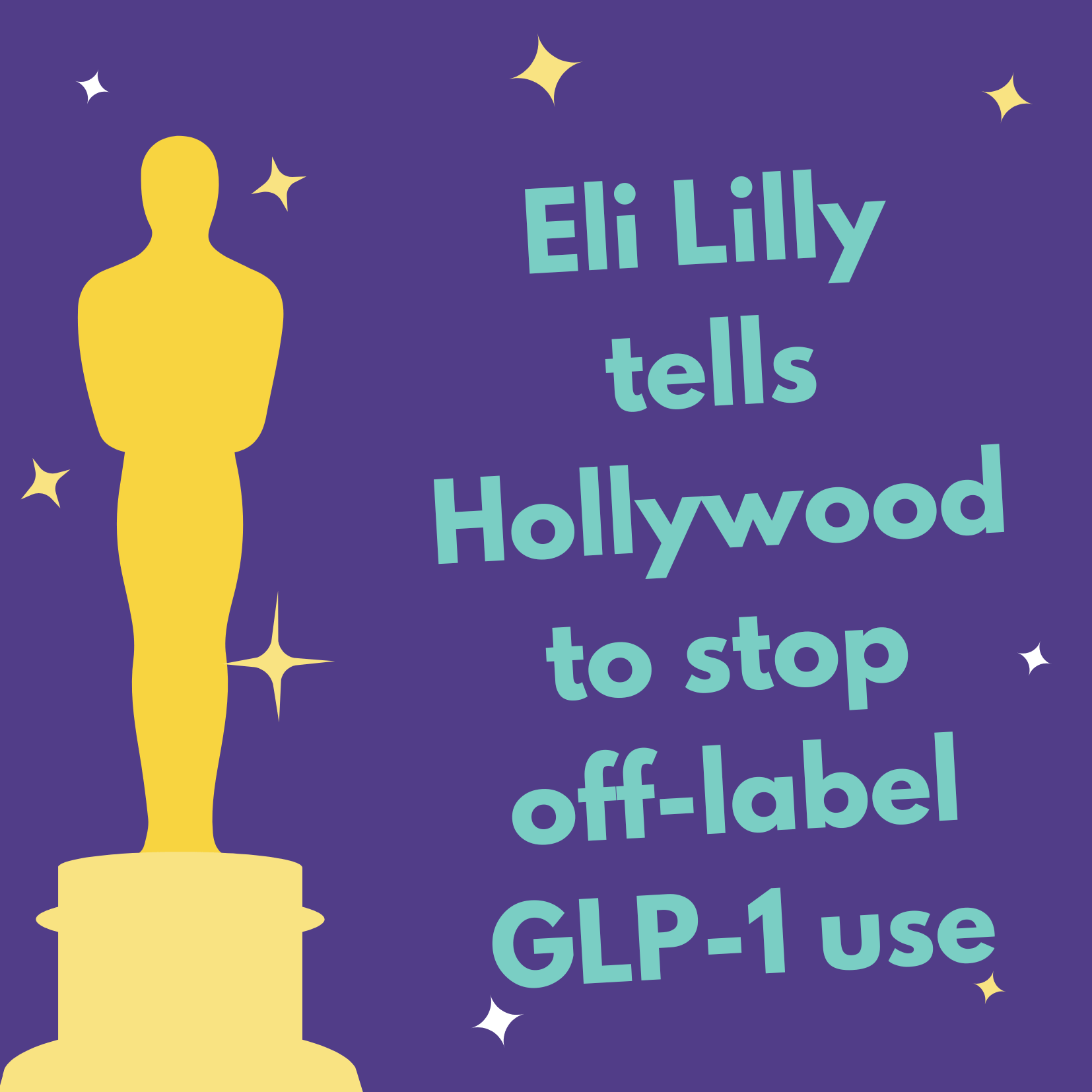What is food noise?
I don’t think I ever heard the phrase “food noise” until I started taking Zepbound and talking with other people who are also taking a GLP-1 weight loss drug. It’s one of the major hurdles that some people need to jump before they can lose weight and keep it off. Let’s dive into exactly what food noise is.
What does it sound like?
When people described what this phenomenon feels like, I realized that while I don’t suffer from this complication, I definitely have “Diet Coke” noise. Before Zepbound, I craved Diet Coke nearly all day long. It was a substitute for morning coffee, meal accompaniments and afternoon treats.
I didn’t understand how loudly my body demanded this carbonated beverage until I took my first shot. Within days, I noticed that I wasn’t grabbing a can anymore. Not one. I went from drinking four or five cans a day to zero. I wasn’t even thinking about it. It was… refreshing. I felt like I had been released from shackles I hadn’t even realized existed.
Since then, I’ve talked with many people — men and women — about their experiences with food noise. Most explain it like this:
“It’s when I obsessively think about what I’ll have for lunch and dinner while still eating breakfast.”
“It’s the voice in my head that convinces me to have a bit of all the yummy items I bought at the grocery store before I even put them away. And that happens even if I just ate a meal.”
“I equate ‘food noise’ with my fear of not having enough to eat. Growing up, money was tight and meals were sometimes spares. Even all these years later and despite not having financial challenges now, I still guard food and sometimes eat as if my body can stockpile it internally.”
“I’m not sure if this is an example of food noise but I will take seconds or even thirds at dinner, even though I know I’m not still hungry. I can’t leave the leftovers in the serving dish.”
Do GLP-1 drugs help quiet food noise?
For some people, GLP-1 drugs help quell the noise and allow them to focus on everything else. Their obsession with food subsides because they simply aren’t thinking about it all the time.

In her special “Shame, Blame, and the Weight Loss Revolution,” Oprah shared that she’s battled this phenomenon for decades. Now that she takes a GLP-1 (she won’t say which one), it’s helped her strategically eat less: “I can eat a half a bagel and be fine. I just want less of the bagel.”
Drugs like tirzepatide (Zepbound and Mounjaro), semaglutide (Wegovy and Ozempic), and liraglutide (Saxenda), quiet those internal voices. When it works for someone, it can be life-changing.
GLP-1s are incretin-based drugs, meaning that they control insulin levels. It evens out the arc of sugar in your body throughout the day. Eliminating sugar spikes helps to keep those food thoughts at bay.
Secondly, these drugs slow gastric emptying (aka digestion). If food stays in your stomach longer, you feel full longer. Your stomach won’t send messages to your brain saying it’s hungry because it isn’t.
Will drugs solve this problem for everyone?
Sadly, no. Scientists aren’t sure why GLP-1 drugs solve this issue for some people and not everyone. They may discover why in the future, but they don’t know exactly why now.
It’s possible that some people need to pair their GLP-1 medication with counseling or behavioral therapy. I mentioned above that I spoke with someone who didn’t always have access to meals while growing up. She had an additional component complicating her relationship with food and she sought out a counselor specializing in helping people decouple from their negative emotions related to eating. You may need to consider doing the same, depending on your specific issues.
Are there other methods to quiet food noise?
Yes. You can try the following…
- Break habits as they relate to food. Try eating your meals/snacks in a different room/location.
- Eat more slowly. Some people achieve this by taking sips of water between bites, putting their silverware down between bites, or using bariatric silverware (smaller silverware that holds less food per bite), meaning it will take you a little longer to eat). The longer it takes you to eat, the fuller you’ll feel and your stomach won’t send hunger signals to your brain. You’ll feel more satiated. You can also serve your meals on smaller plates so your overall servings are smaller.
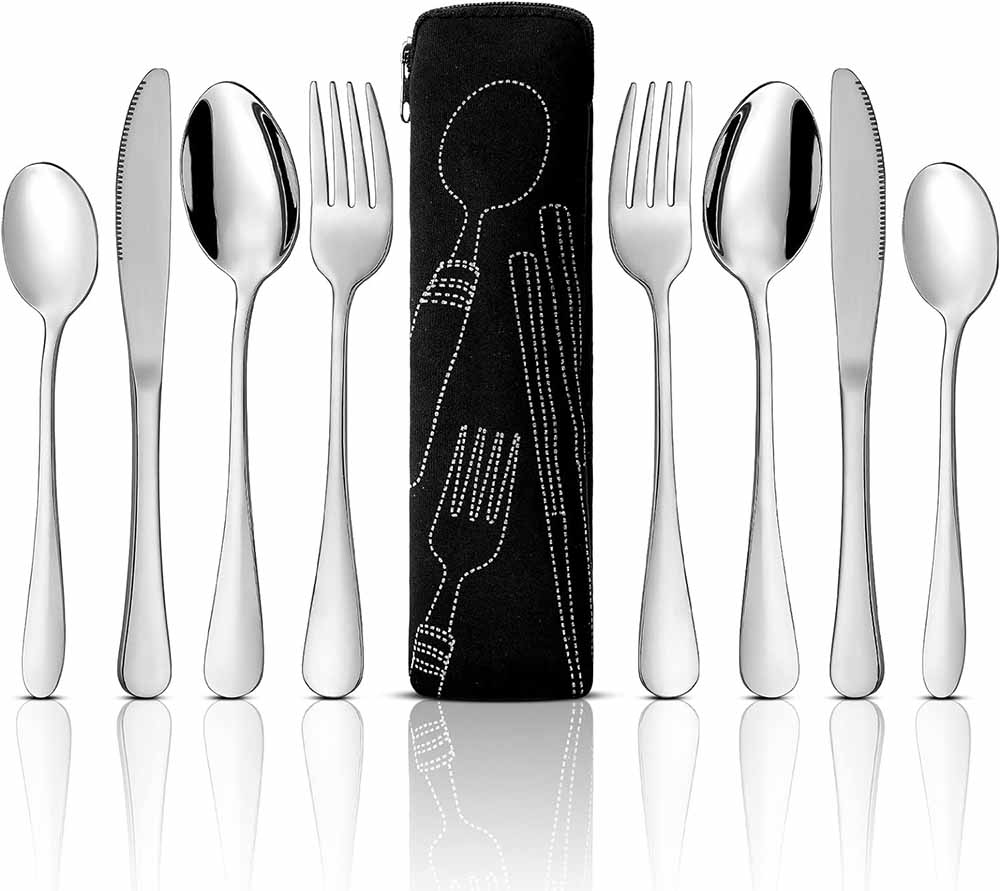
- Reduce stress. Many of us are stress eaters. If you can find ways to cut back on stressful situations, you may also eat fewer snacks or limit overeating during meals.
The wrap-up
Food noise is a serious affliction for millions of people around the world. GLP-1 drugs can reduce or totally eliminate that noise. Will it work for you? You’ll only know once you’ve taken a few injections. For some, its effectiveness wears off toward the end of their shot week.
When the food noise comes back in full force, it can signal that your body is ready to go up a dose (for example, going from 2.5mg of Zepbound to 5mg weekly).
Have you suffered from food noise and has a GLP-1 drug helped? I’d love to hear about your experience. Email me or post to the Shots to Shed Pounds Facebook group.

